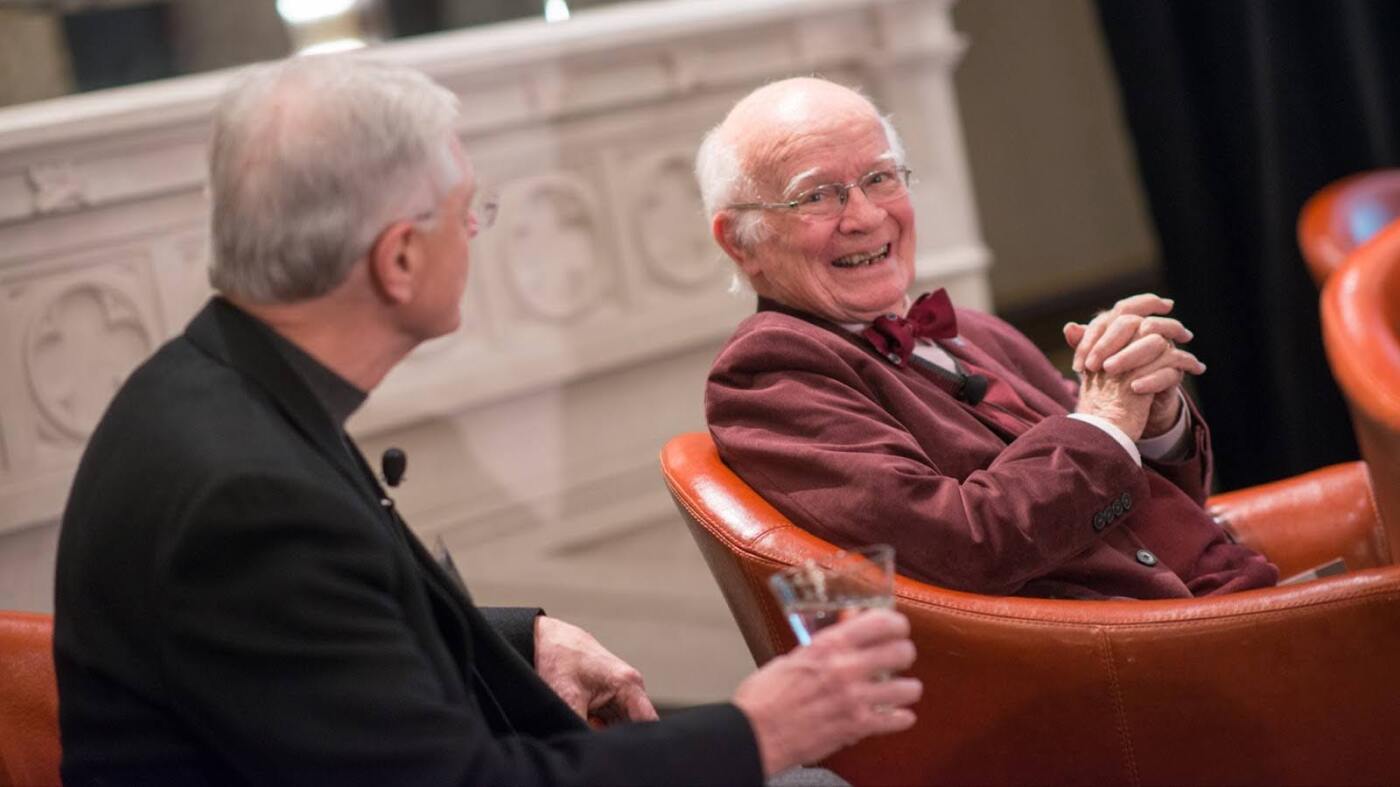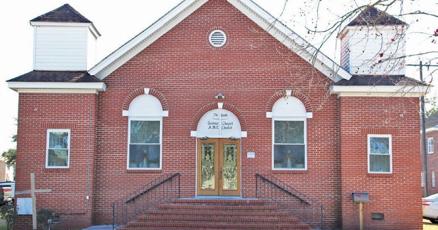Faith Fading: Is Wales Losing Its Spiritual Heartbeat?
Religion
2025-03-19 22:55:08Content

Religious Studies in Wales Faces Critical Threat as Academic and Educational Landscapes Shift
The future of religious scholarship in Wales hangs in the balance as two significant developments threaten to marginalize the discipline. Cardiff University's Religion and Theology department is confronting potential closure, while simultaneously, a newly proposed school curriculum risks diminishing the importance of religious studies within humanities education.
This dual challenge poses a serious risk to the academic and cultural understanding of religious perspectives in the region. The proposed curriculum changes suggest a systematic reduction of religious studies' academic and educational footprint, potentially limiting students' exposure to critical insights into human belief systems, cultural diversity, and philosophical thought.
Educators and scholars are increasingly concerned that these developments could create a significant knowledge gap, undermining the nuanced understanding of religious traditions and their profound impact on social, historical, and cultural dynamics. The potential erasure of religious studies from academic and educational landscapes represents more than just an institutional challenge—it signals a broader cultural shift that may inadvertently narrow intellectual horizons.
As discussions continue, stakeholders are calling for a robust defense of religious studies as an essential discipline that provides crucial context for understanding human experience, social interactions, and global perspectives.
Academic Extinction: The Vanishing Landscape of Religious Studies in Welsh Education
In the heart of Wales, an intellectual crisis is unfolding that threatens to fundamentally reshape the academic landscape of religious scholarship. The potential closure of Cardiff University's Religion and Theology department, coupled with emerging educational reforms, signals a profound transformation in how religious understanding is perceived and transmitted within academic and educational circles.Challenging the Foundations of Academic Diversity and Cultural Understanding
The Institutional Threat to Religious Scholarship
Cardiff University's Religion and Theology department stands at a critical crossroads, facing potential elimination that could dramatically alter the intellectual ecosystem of Welsh higher education. This proposed closure represents more than just an administrative decision; it symbolizes a broader systemic challenge to interdisciplinary academic exploration. Religious studies have traditionally served as a crucial lens through which societies understand cultural complexity, historical development, and human social interactions. The department's potential dissolution raises significant questions about the future of academic diversity and the institutional commitment to comprehensive scholarly investigation. Scholars and educators argue that religious studies provide essential insights into human experience, transcending mere theological examination to explore complex societal dynamics, cultural interactions, and philosophical frameworks.Curriculum Transformation and Its Implications
Simultaneously, emerging educational reforms in Wales are fundamentally restructuring humanities curriculum, effectively marginalizing religious studies. The proposed changes suggest a strategic reorientation that potentially diminishes the nuanced understanding of cultural and philosophical traditions that religious scholarship provides. This curriculum transformation represents more than a simple administrative adjustment. It reflects a broader philosophical shift in educational priorities, potentially undermining the comprehensive approach to humanities education that has characterized Welsh academic traditions. By reducing the prominence of religious studies, educational policymakers risk creating intellectual gaps that could limit students' understanding of complex cultural narratives.Broader Cultural and Academic Consequences
The potential erasure of religious studies from Welsh academic institutions carries profound implications beyond immediate educational concerns. It challenges the fundamental principles of interdisciplinary learning, potentially restricting students' exposure to critical perspectives on human experience, cultural diversity, and philosophical inquiry. Academic experts warn that such reductive approaches to humanities education could create significant long-term consequences. By narrowing intellectual exploration, these changes might inadvertently limit students' capacity for nuanced critical thinking and cross-cultural understanding. The reduction of religious studies represents more than a curricular adjustment; it signifies a potentially problematic trend towards intellectual homogenization.Resistance and Academic Advocacy
In response to these challenges, academic communities and religious scholars are mobilizing to challenge proposed departmental closures and curriculum modifications. Their advocacy emphasizes the irreplaceable value of religious studies in fostering comprehensive educational experiences. Proponents argue that religious scholarship is not about promoting specific theological perspectives but about developing sophisticated analytical skills, encouraging critical thinking, and promoting deeper understanding of human cultural complexity. The potential loss of these academic spaces represents a significant intellectual setback for Welsh educational institutions.Future Perspectives and Institutional Resilience
As Welsh educational institutions navigate these transformative challenges, the fate of religious studies hangs in delicate balance. The ongoing dialogue between academic administrators, policymakers, and scholarly communities will ultimately determine the trajectory of humanities education in the region. The unfolding scenario serves as a critical reminder of the ongoing tensions between institutional efficiency, educational innovation, and the preservation of comprehensive scholarly traditions. Welsh academic institutions must carefully consider the long-term intellectual consequences of their current strategic decisions.RELATED NEWS
Religion

Punk Rock Invasion: Legendary Bands Descend on Palladium for Epic 'Punk in the Park' Showdown
2025-04-18 14:43:25
Religion

Faith, Funding, and Freedom: Supreme Court Wrestles with Charter School Dilemma
2025-04-29 14:30:00
Religion

Faith, Freedom, and Policy: How Trump's Team Is Reshaping Religious Liberty
2025-03-12 19:22:34





